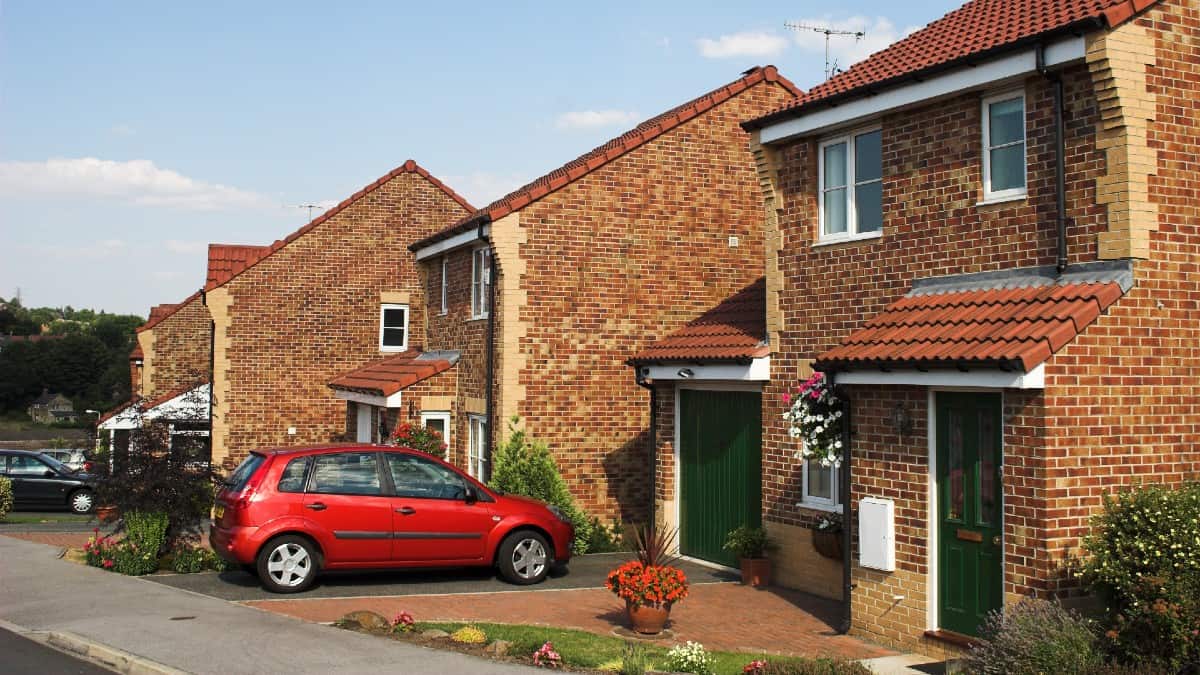When discussing popular income stocks, there are several FTSE 100 names that will come up in most conversations. Building a portfolio around these shares isn’t a bad idea. Yet when trying to outperform the average, it pays to include a couple of high-yield options that some might not have considered. Here’s one stock I’ve spotted that isn’t widely known.
The quick fire details
The company I’m referring to is Triple Point Social Housing (LSE:SOHO). It’s classified as a real estate investment trust (REIT). In order to obtain certain tax benefits, REIT status means that it has to pay out 90% of property income profits each year. That’s why REIT’s are popular with shareholders that are looking for passive income potenital.
Please note that tax treatment depends on the individual circumstances of each client and may be subject to change in future. The content in this article is provided for information purposes only. It is not intended to be, neither does it constitute, any form of tax advice.
Should you invest £1,000 in NIO right now?
When investing expert Mark Rogers has a stock tip, it can pay to listen. After all, the flagship Motley Fool Share Advisor newsletter he has run for nearly a decade has provided thousands of paying members with top stock recommendations from the UK and US markets. And right now, Mark thinks there are 6 standout stocks that investors should consider buying. Want to see if NIO made the list?
At the moment, the dividend yield for Triple Point is 9.53%. Over the past year, the share price has fallen by 37%.
It’s operated by Triple Point Investment Management. Overall, the company manage over £2bn of assets. So even though this REIT has a relatively modest market cap of £224m, the management company is a lot bigger and carries with it a strong reputation.
The investment case
The business has 493 properties located around the UK, all of which are focused on social housing. The largest area with 20.1% of allocated capital is in the North West.
The latest annual report showed that the trust received 91.8% of rent due during the year. This helped to support a bottom-line net profit of £24.9m. Regular quarterly dividends continue to be paid out.
I feel that this is a steady and low-risk business model that should allow income investors to receive payouts going forward.
Some concerns
The steep fall in the share price can be attributed both to the concerns around broader property values and also the rise in the cost of borrowing money.
Yet with Triple Point, I feel these risks are manageable. In fact, the reported value of the portfolio rose from £642m at the end of 2021 to £669.1m at the end of 2022.
A higher interest rate is a valid risk, yet it appears the company has been managing the cost of leverage carefully. As it stands, it has an average rate of 2.74% on debt, with the average maturity date being 10.6 years.
Where to go from here
On balance, I do feel that this is a high-yield stock that’s worthy of inclusion as part of a broader dividend portfolio. The fall in the share price over the past year makes it an attractive entry point. Given the profitability of the business, I’d expect dividend payments in the future to remain consistent.
If we see a broader economic recovery in coming years, the property market should help to lead growth. In that case, investors could even see some share price gains on top of income received.








